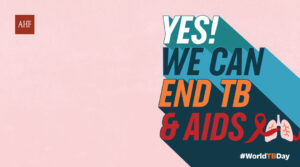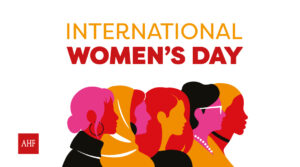Human beings have a tendency to think in opposite pairs: good or bad, poor or rich, gay or straight. But this inertia leads us to leave out hundreds of possibilities in all aspects of life, especially in the field of sexuality.
Thus, the idea of bisexuality has been rejected by both heterosexuals and homosexuals, since it is thought that everyone “should decide” on an option regarding their erotic or affective relationships.
And it is that both women and men can have a bisexual orientation, that is, relate to men or women equally, either by falling in love, having sexual relations or sharing a complete life.
Away with prejudices
Around this rejection and this demand for a definition, a series of mistaken ideas about bisexual people have been created, but it is important to disprove such myths, since the only thing they generate is stigma and discrimination.
For this reason, the No Te Prives Collective, which defends the rights of sexual diversity in Spain, undertook the task of dismantling the main prejudices about bisexuality through a guide called Fresa y chocolate.
Take a moment to review these five misconceptions about bisexuality, and you might learn more about a topic you haven’t been that close to—until now.
- Women and bisexual men are promiscuous people. First of all, the concept of “promiscuity” must be questioned, since it refers to behavior that challenges the norm of monogamy that governs society. Current concepts such as polyamory have helped to demystify that the “good” thing is that a person has only one partner, and that everything different from it is “bad”. For this reason, the number of partners that a bisexual person can have (whether throughout their life or at the same time) does not have to be different from the rest of the population.
- They can’t be with just one partner. Bisexuality is simply a sexual orientation, that is, an attraction to (in this case) people of either sex. This does not mean that they have to experience everything with as many people as possible, but rather that they are perfectly capable of committing to a long-term relationship with just one person, or setting clear conditions for when they do have non-monogamous relationships. In addition, they do not need to maintain relationships with men and women at all times of their lives (either affectively or sexually).
- They are confused people regarding their sexuality. The duality by which most thought is governed makes us believe that the world is divided into heterosexuals and homosexuals. So then, there are no other possibilities. This idea generates social pressure for bisexual people to “define” themselves and fit into one category or another, which clearly limits a part of their personality.
- They are cowards. It is thought that bisexual people are, in reality, gays or lesbians who do not dare to assume their sexual orientation for fear of being rejected and losing the privileges that heterosexuality entails. It is worth mentioning that these remarks can come equally from heterosexual or homosexual people. They are reproached because bisexuality is thought to be a pretext, but this, deep down, is simply another way of denying the possibility of being attracted to people of either sex.
- They are vehicles for the transmission of sexual infections. The HIV pandemic was the context in which the idea that bisexual men “carried the virus” to their female partners spread. This is because, initially, the infection spread rapidly among men who had sex with men, including gays and bisexuals. However, it is not sexual orientation that “causes” HIV, but that it can arrive due to sexual practices, essentially intercourse without a condom, and this can be had by anyone of any sexual orientation.
Now you know, bisexuality is just one more option in the range of sexual orientations, and it is not indicative of any lack or failure in any way. The sooner we accept that diversity has more than two colors, the faster we will move towards respecting all people.
Remember that at AHF Latin America and the Caribbean we provide HIV services without discrimination based on your sexual orientation. If you want to take a free HIV test, come to our offices in your country and learn about all our services.





